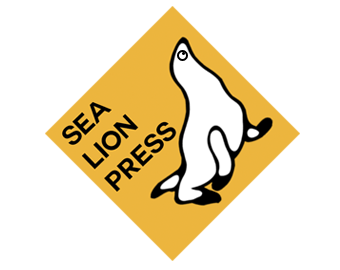Yeah, I know its a bit late, but I was interviewed by Gary Oswald for his series on members of the Alternate History Community on the Sea Lion Press Forum way back on the 11th of March. The link is here.

The interview focussed on the following series of written questions – and if you want to read the answers you’ll need to read the interview.
- Hello Andrew, so first of all thank you very much for talking to us. You’re a passionate reader and writer of Alternate History, how did you get into the genre and what do you think appeals to you about it?
- Your first published story came out in 1992, what’s your opinion on the way the book industry has changed over the last 29 years due to the advent of e-books and the internet?
- You’re the current principle of Hague Publishing which publishes speculative work by authors from Australia and New Zealand, what books and authors should AH fans look out for from you?
- You used to be a literary agent and editor of magazines before taking over at Hague Publishing, what’s been the most rewarding and challenging parts of the switch to book publishing?
- What would your recommendations be for a new author who wants to get published?
- You’re currently working on the Clemhorn trilogy about war between Alternate timelines. Fantasy in the early 20th century was sometimes said to be split between portal fantasy as in Narnia, wherein worlds collide and so characters are introduced to new worlds with the reader and non portal fantasy, like Lord of the Rings, where the fictional world has no interaction with anything outside it. As someone whose written Alternate History with both concepts do you think that distinction is meaningful and what do you think are the advantages and disadvantages of each type?
- The first book in that Trilogy, Nightfall, is undergoing the process of being made into an audiobook with local actors. What are the main challenges of that adaption?
- You’ve also written a number of short stories, including one for Sea Lion Press. Do you find yourself knowing the length a story is going to be when you plot it or do they sometimes grow, or shrink, in the writing so that a planned short story becomes a novel or vice versa?
- Alternate History is often divided between Writers who research and Historians who write, how much would you look into a time period before you write anything about it?
- Apart from the remaining books of the Clemhorn trilogy is there anything else new from you that we should look out for?

 Still glowing that my short story from
Still glowing that my short story from  I need to specifically thank
I need to specifically thank 